Table of contents
Interview with David Grotto, about the specific behaviors of a US yogurt consumer and how to make US consumers fulfill the dairy dietary recommendations.

Interview with David Grotto, about the specific behaviors of a US yogurt consumer and how to make US consumers fulfill the dairy dietary recommendations.
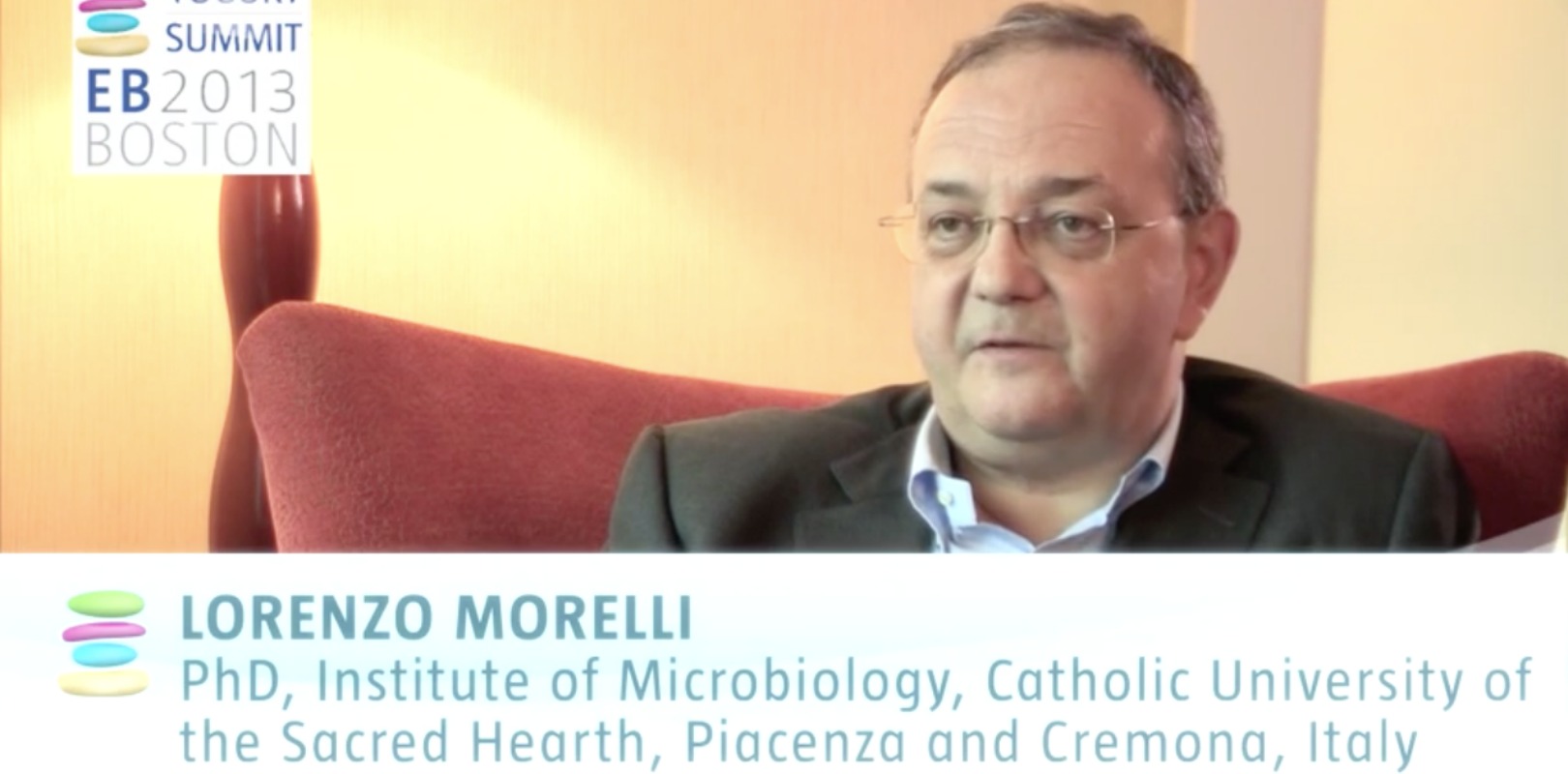
Interview of Lorenzo Morelli, from the Institute of Microbiology of the Catholic University of the Sacred Heart, Piacenza and Cremona, in Italy, about the role of beneficial bacteria included to Yogurt.
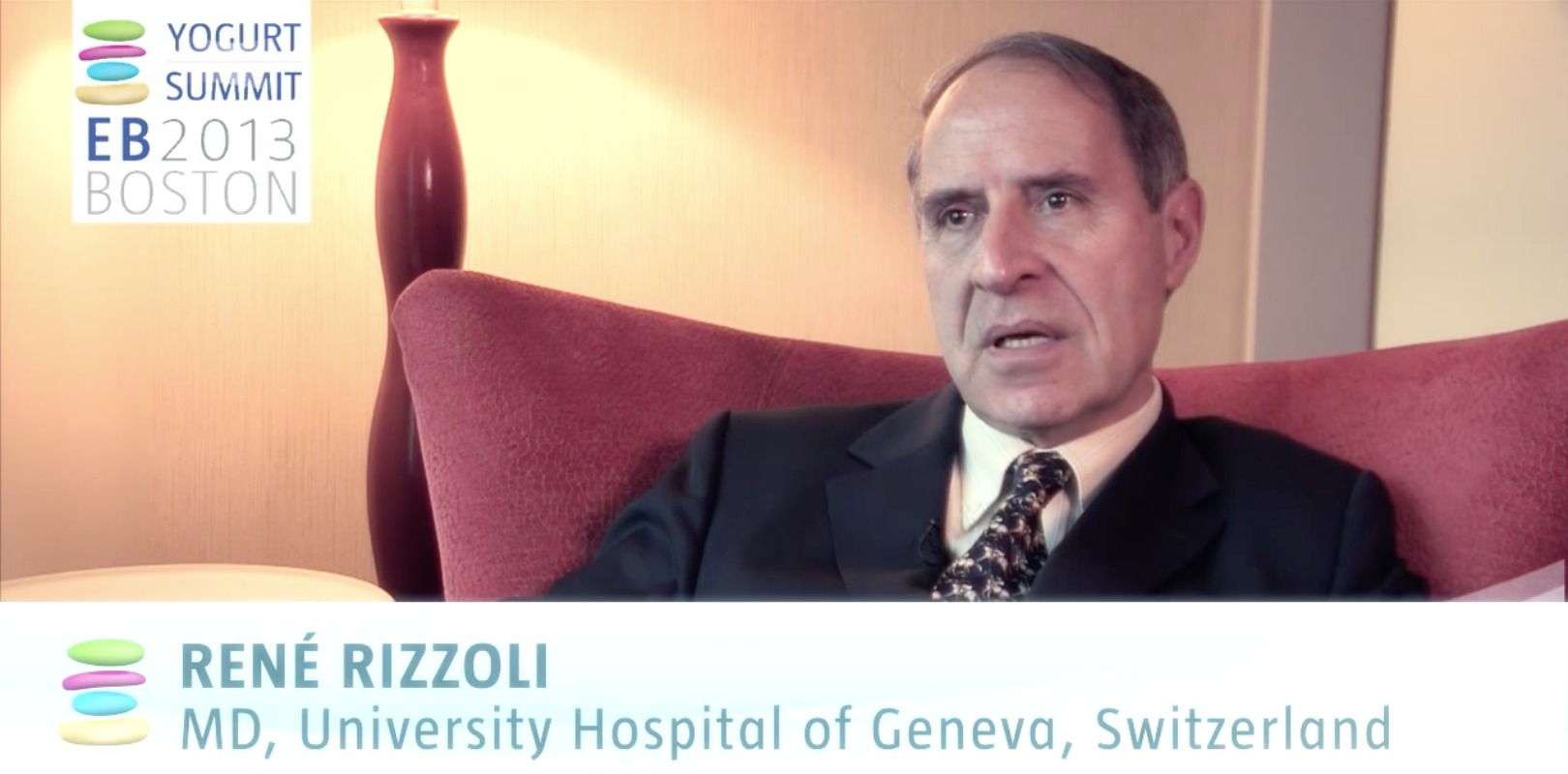
Interview with René Rizzoli, from The University Hospital of Geneva, about the benefits of Yogurt for bone health.
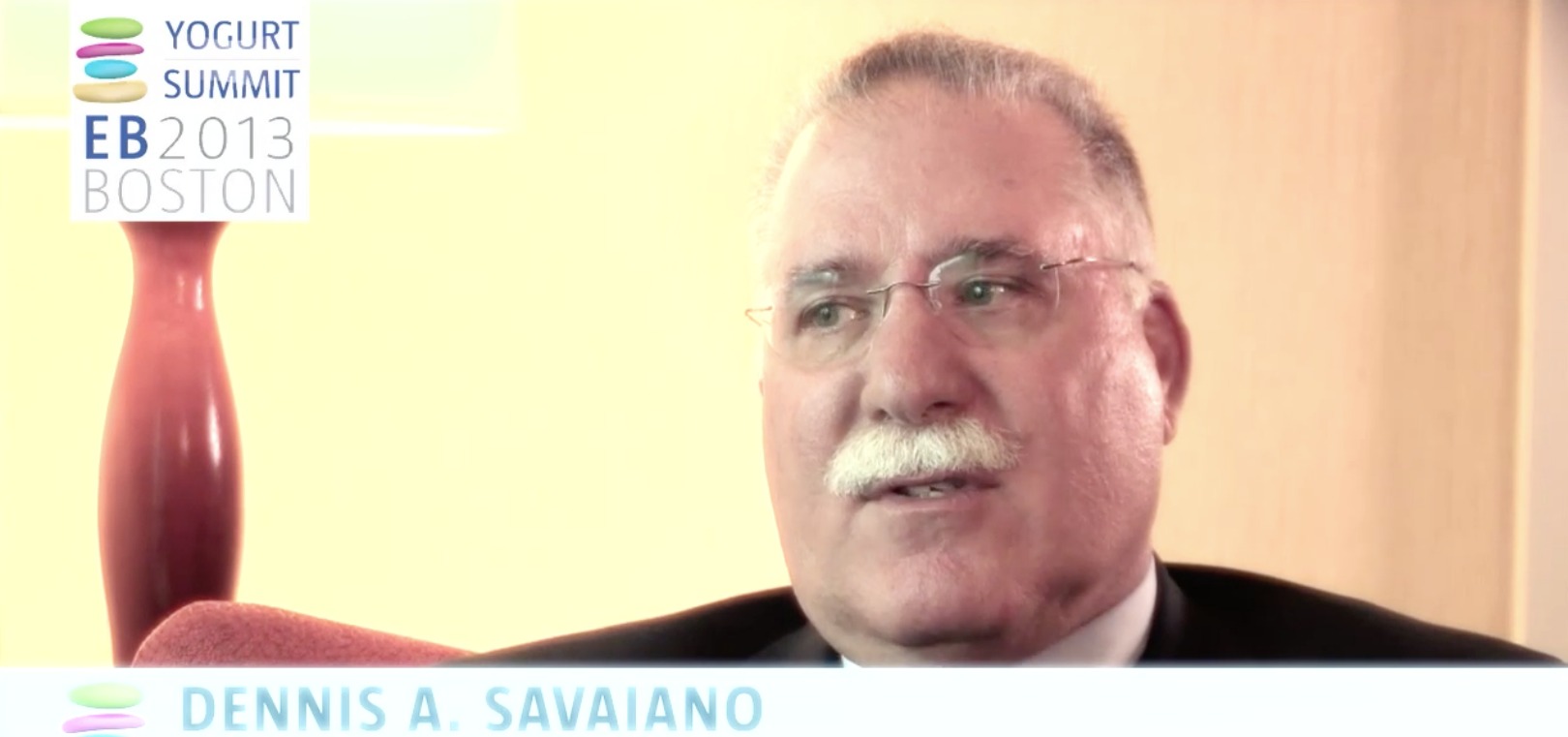
Interview with Dennis Savaiano from Honors College at Purdue University, about the benefits of Yogurt for the lactose malabsorbers.
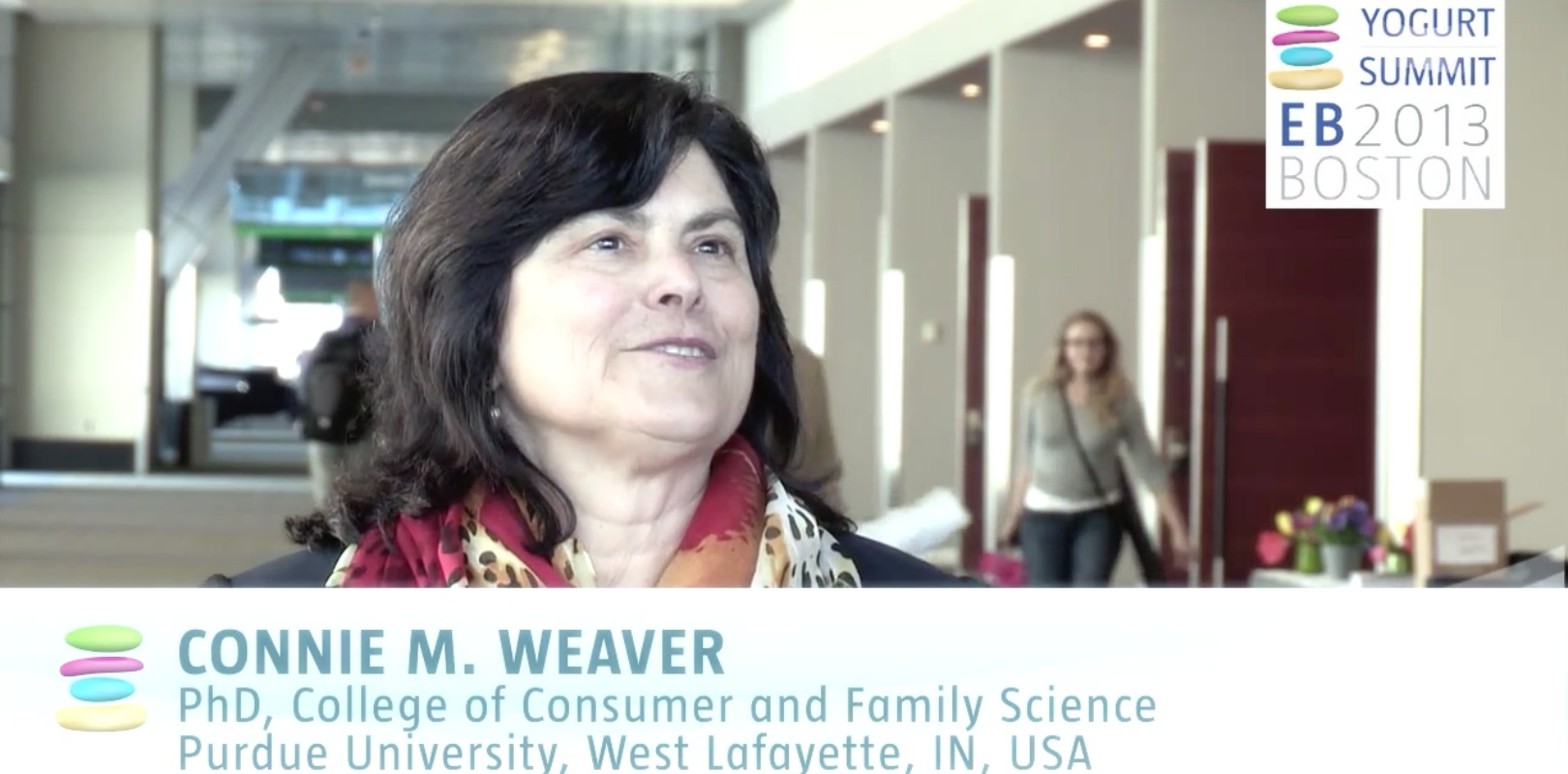
Interview with Connie Weaver, from the College of Consumer and Family Science of the Purdue University (IN,USA), about specific guidelines for dairy products and Yogurt.
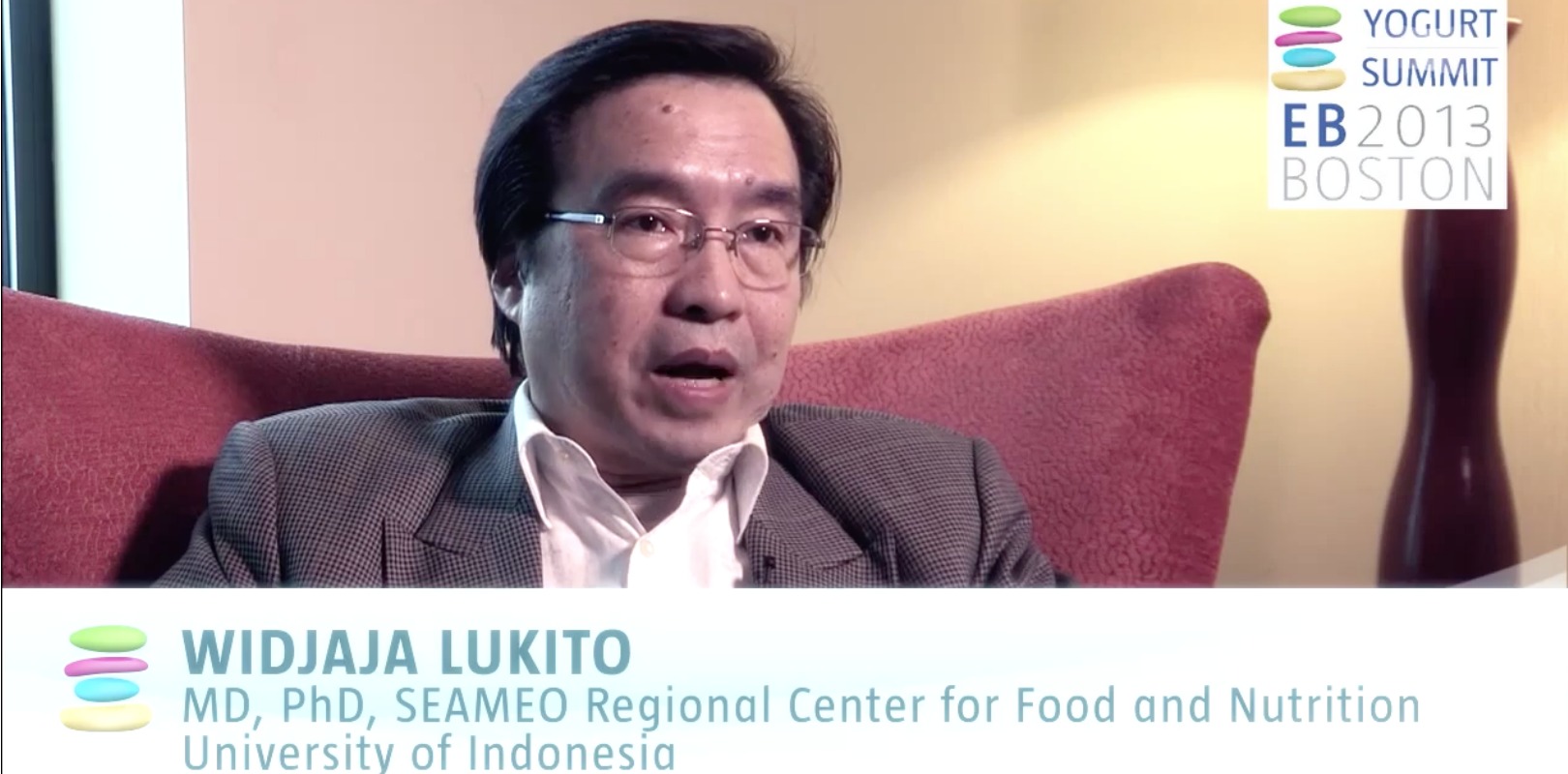
Interview with Widjaja Lukito, from SEAMEO Regional Centre for Food and Nutrition of the University of Indonesia, about the benefits of Yogurt for specific populations (children, elderly, developing countries).
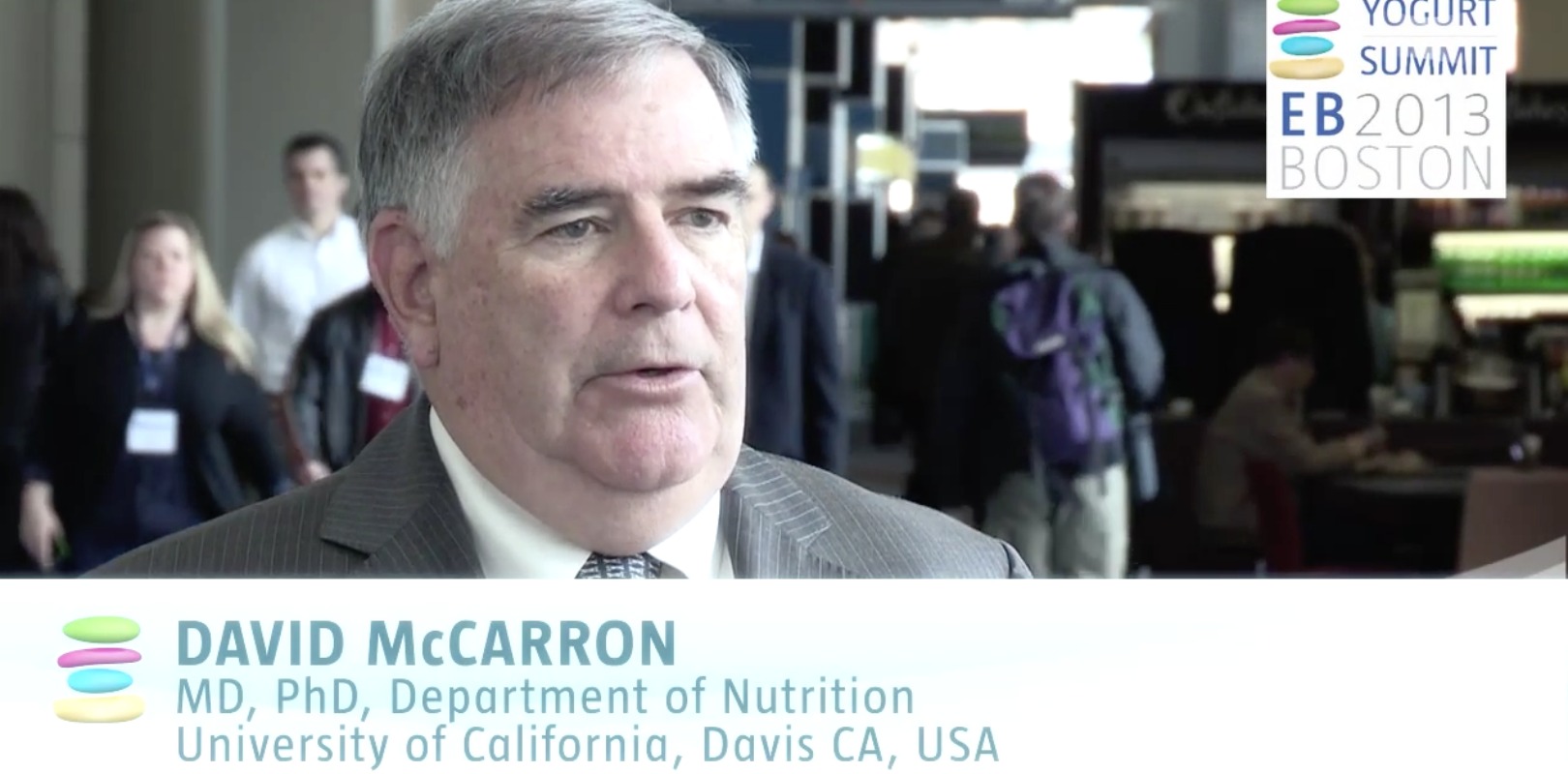
Interview with David McCarron, from the Department of Nutrition of the University of California, about the cost effectiveness of Yogurt regarding its health benefits.
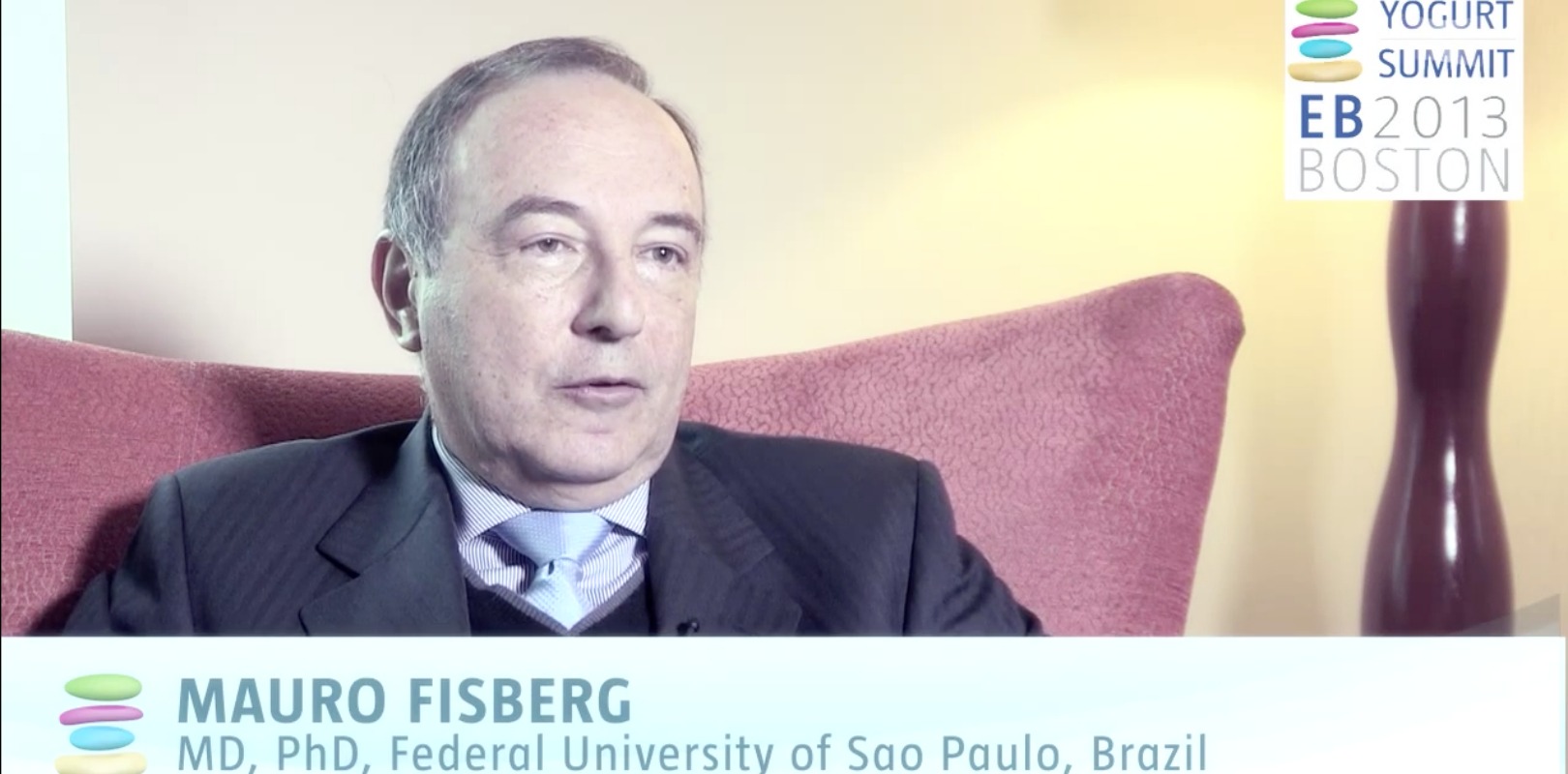
Interview with Mauro Fisberg, from the Federal University of Sao Paulo, about the concept of nutrient density applied to dairy products as a good way to reduce nutritional deficiencies.
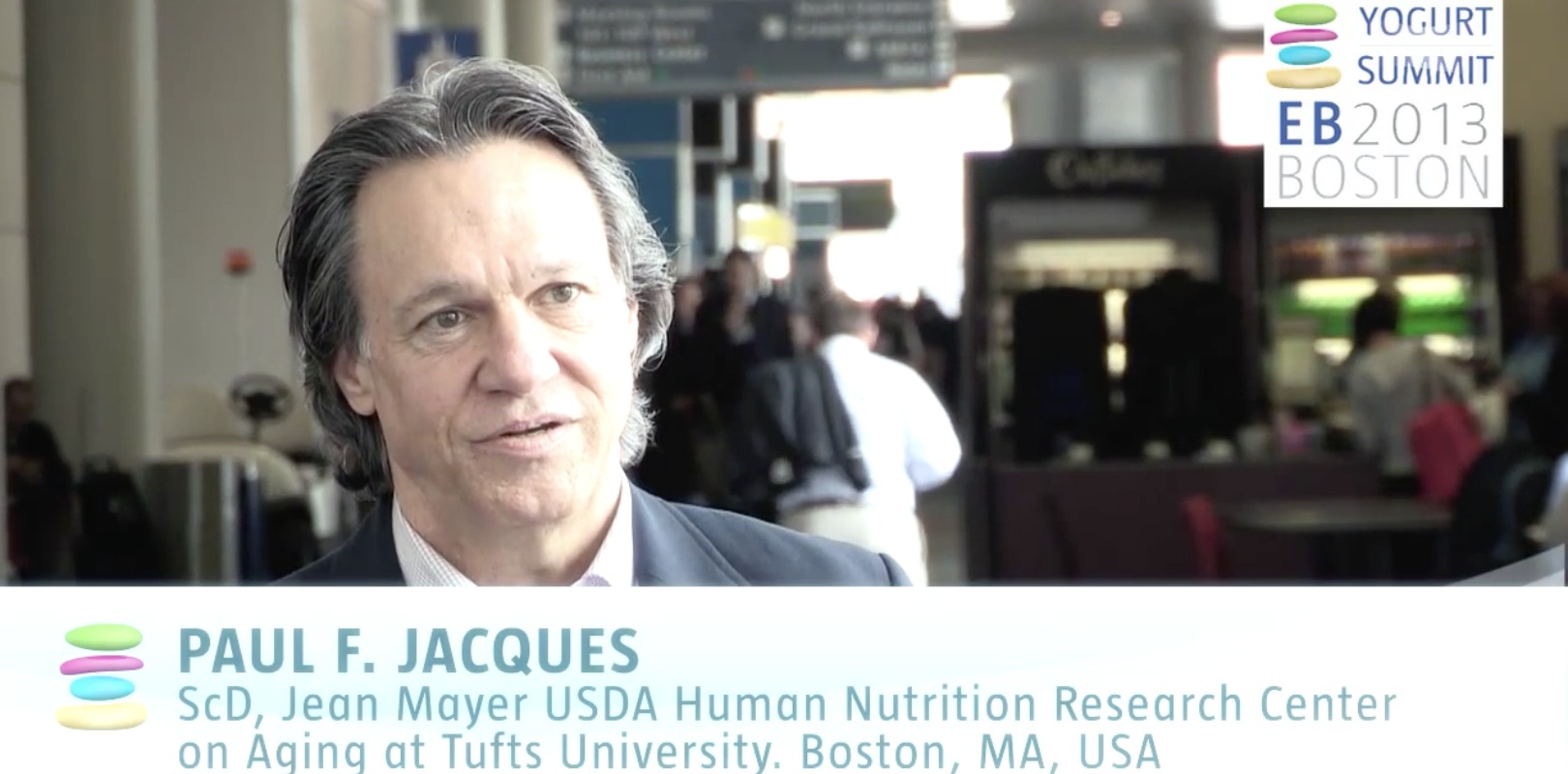
Interview with Paul Jacques, from the Jean Mayer USDA Human Nutrition Research Center on Aging at Tufts University in Boston, about the benefits of Yogurt regarding weight regulation or weight loss.
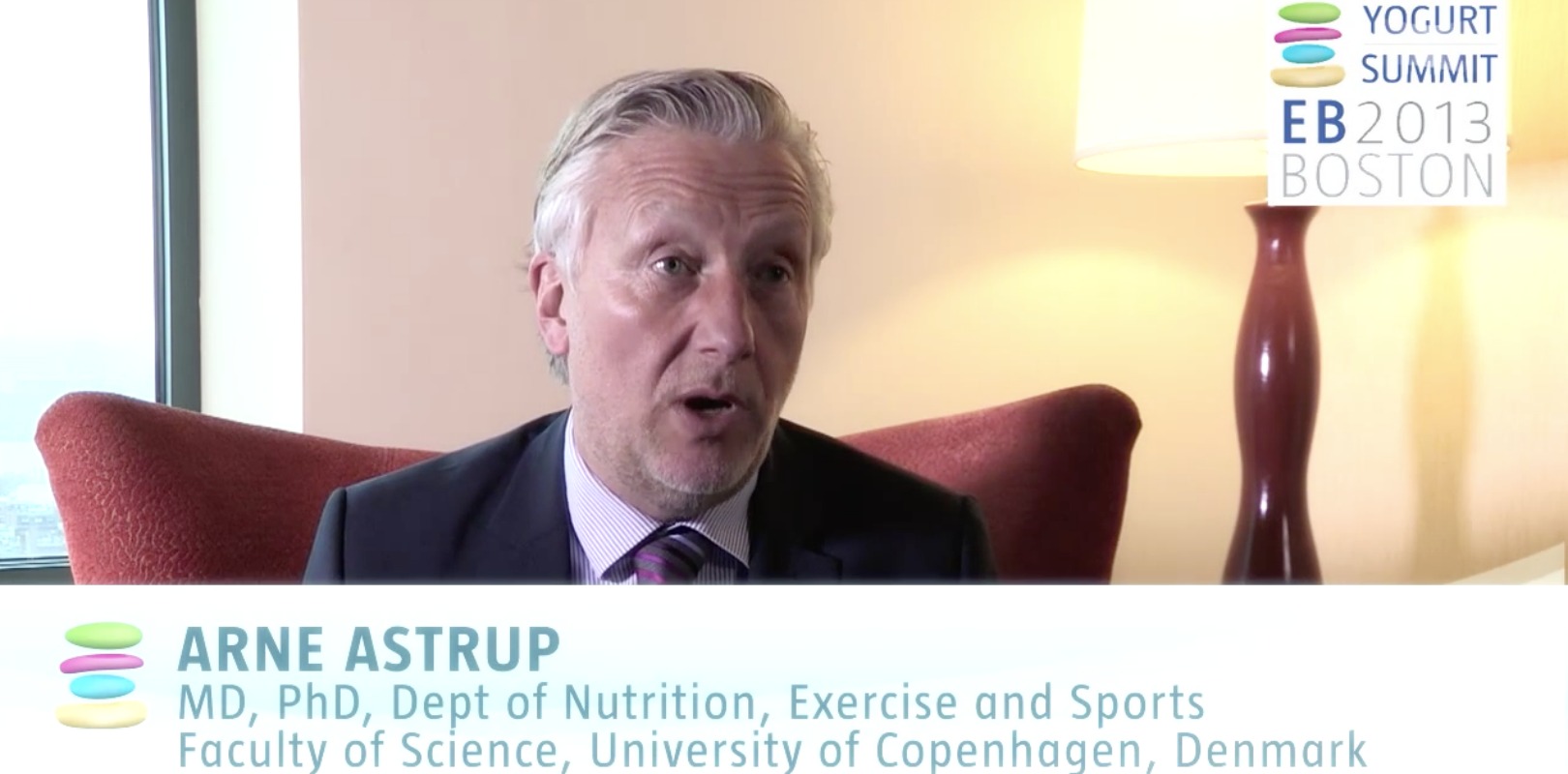
Interview with Arne Astrup, from the Department of Nutrition, Exercice and Sports of the Copenhagen Faculty of Science, about the benefits of Yogurt for certain metabolic diseases (cardiac strokes, diabete type 2).

